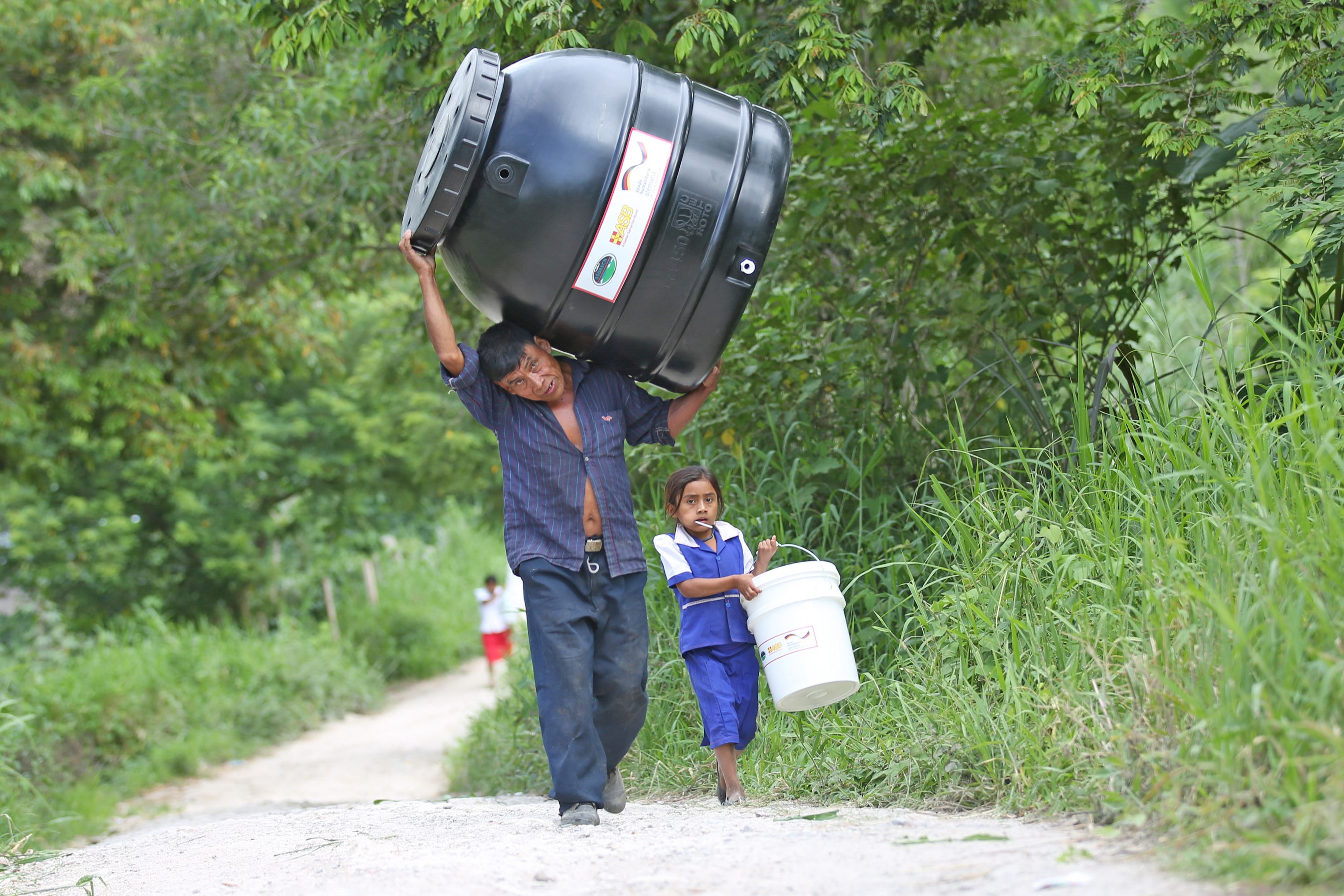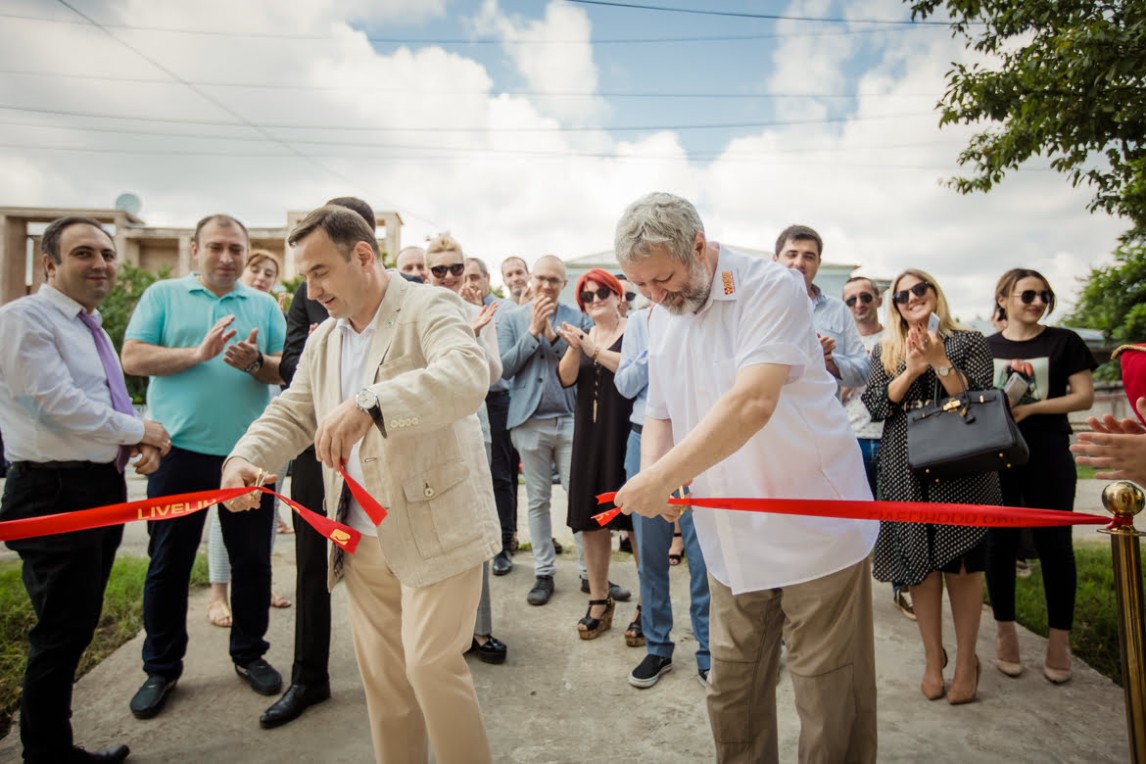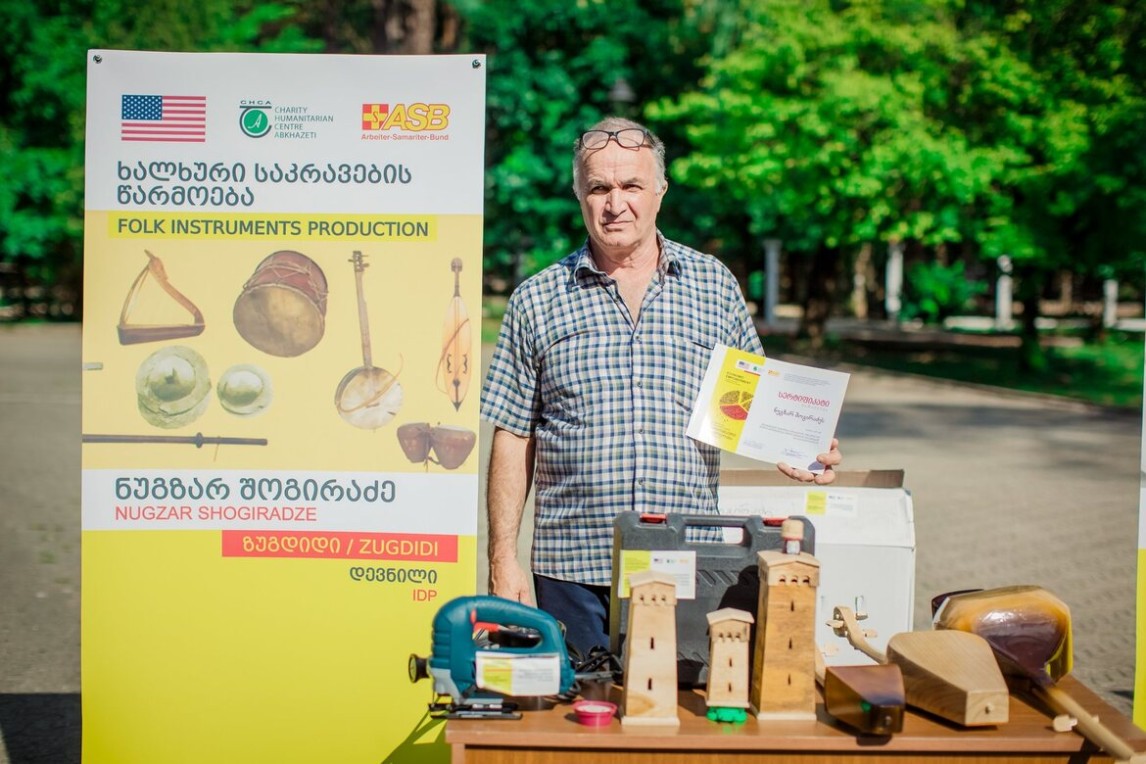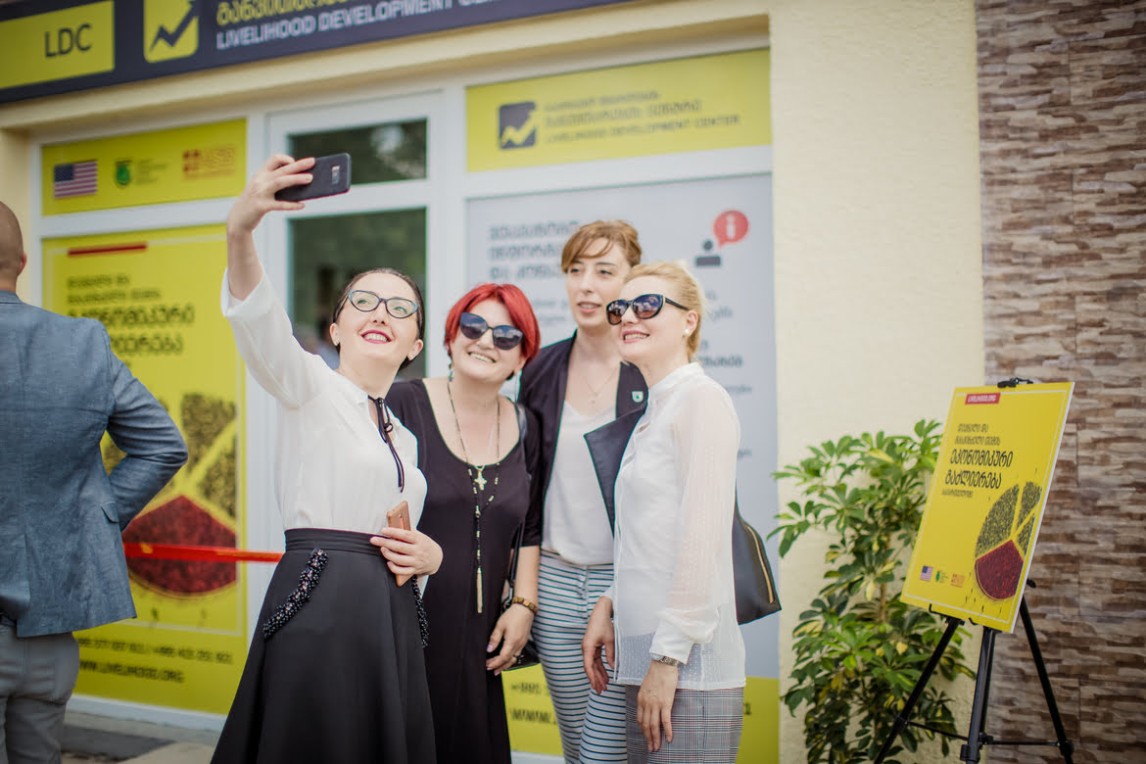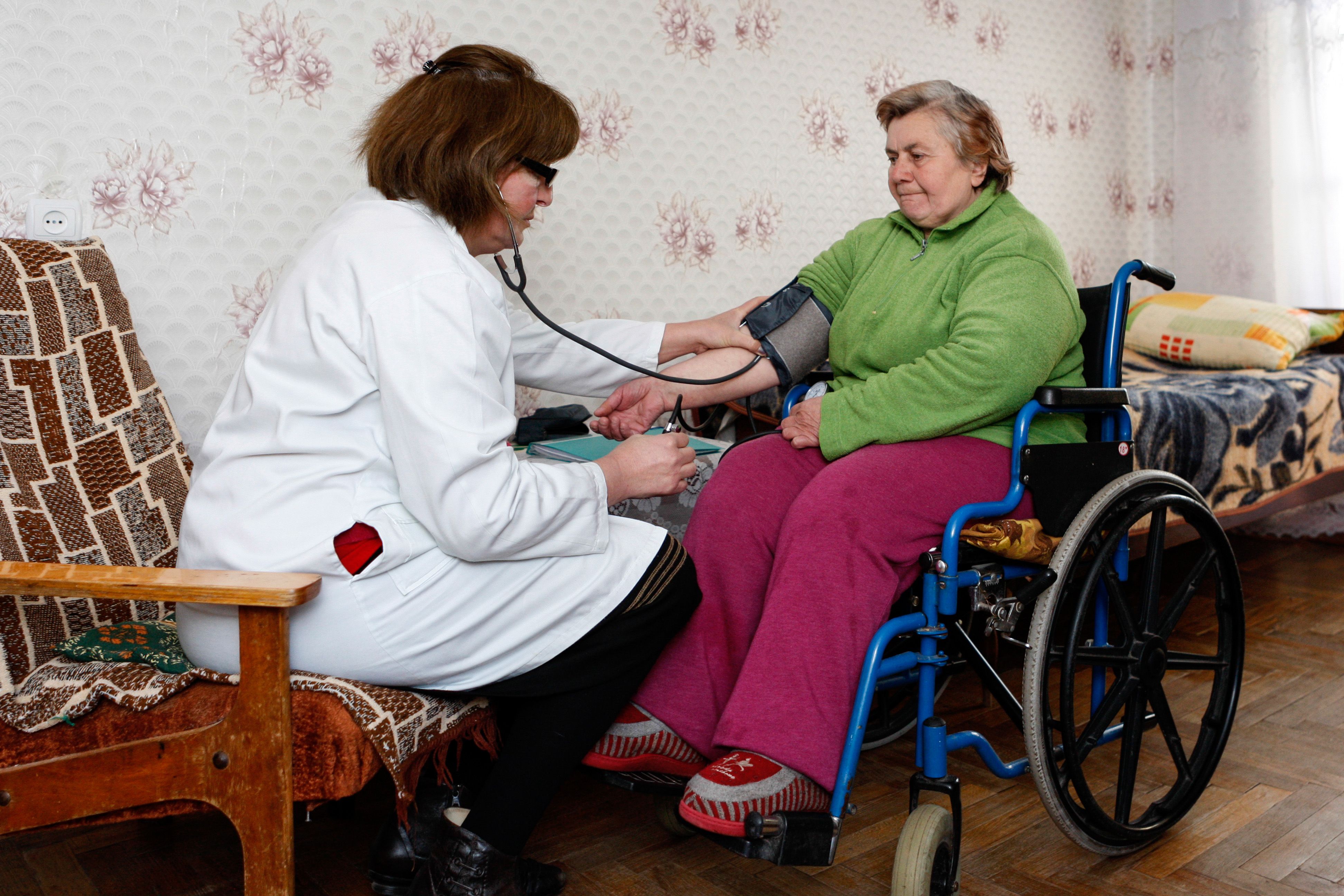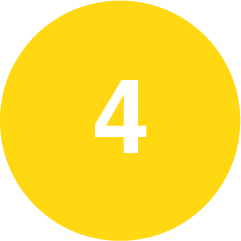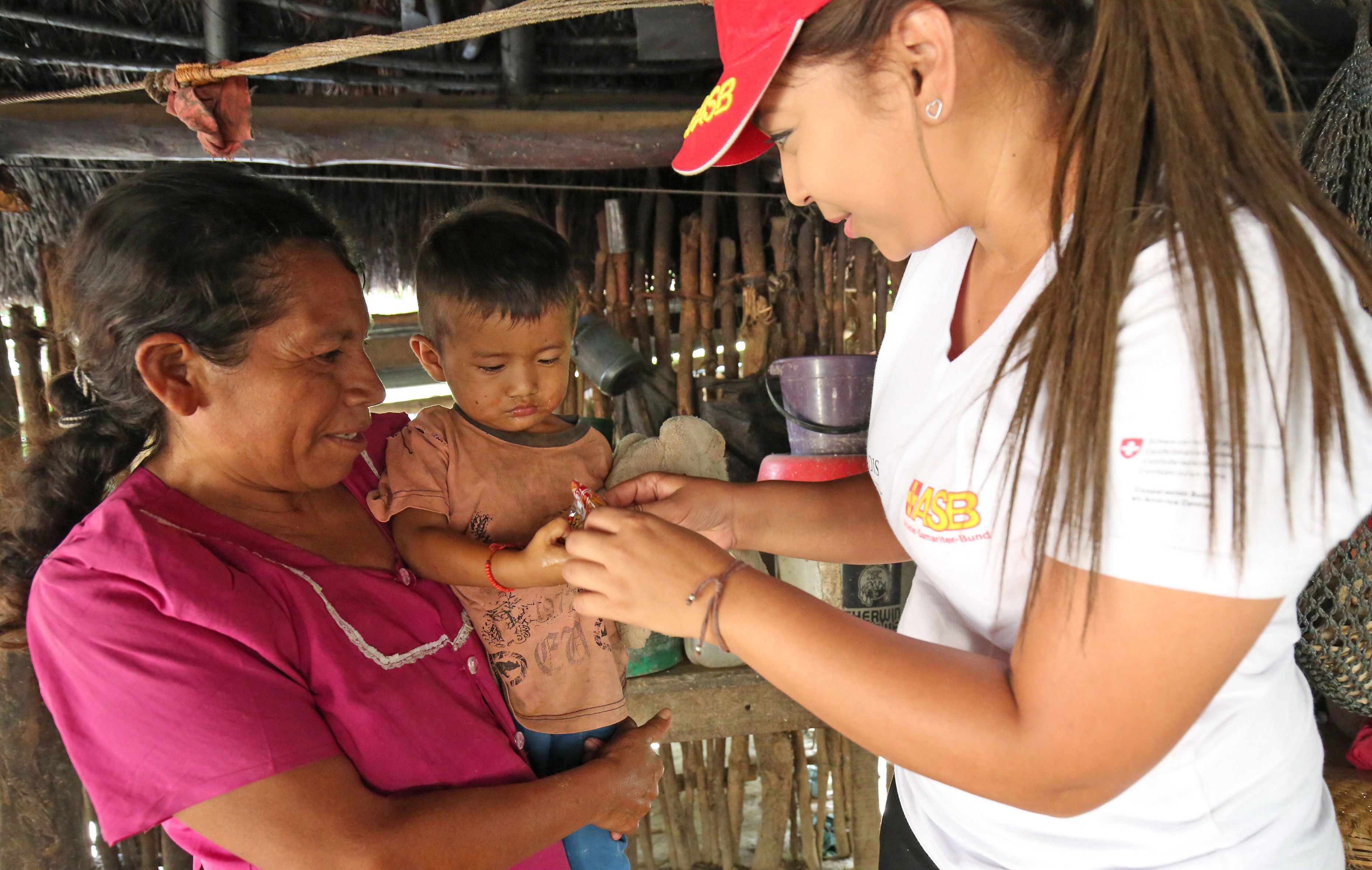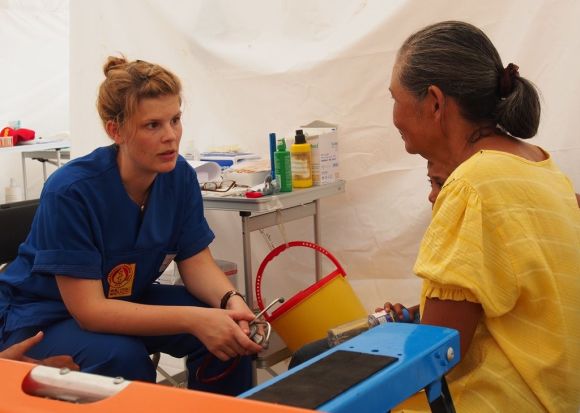-

Project title: Social enterprises: promoting peace through the active participation of internally displaced persons and their host communities in economic activities in Samegrelo, western Georgia
-

Project region: Georgia, Zugdidi
-

Financing: Federal Foreign Office
-

Project volume: € 270,000
-

Project duration: 01/03/2012 - 31/12/2015 (three projects during this period)
-

Target group: Internally displaced persons, former combatants, representatives of host communities, regional and local administrative authorities, the elderly, people with disabilities, young people and marginalised groups
